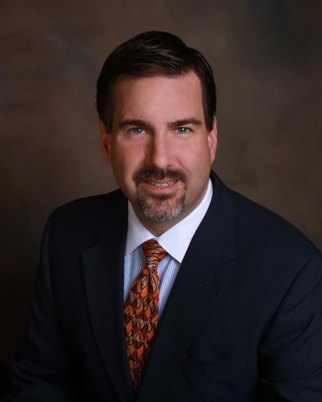Elder law can be
a very broad area of practice, as it primarily encompasses the client, rather
than the issue. Elder law attorneys typically answer questions regarding
Medicaid qualification, Medicare, social security, guardianships, estate
planning, end of life planning, living wills, testimonial wills, trusts, special needs trusts, qualified income trusts,
Medicaid trusts, the list goes on and on. Elder Law speaks more to Client Constituency than individual
issues handled. Elder Law Attorneys address issues of Competence and
Guardianship, End of Life and Healthcare Directives, Medicaid Planning as well
as Estate Planning. Over the past few years, a new area has emerged:
Foreclosure of Mortgages against new nursing home residents. What does the
average practitioner need to know to competently advise those asking questions?
Most important in any
discussion of Foreclosure is what is the assets value, and what
is actually owed. Because many houses in the Orlando area and surrounding
communities have lost significant value as a result of the foreclosure crisis
that began in 2008, many seniors who moved to Central Florida and put a sizeable
nest egg into their homes have witnessed the evaporation of equity at
unprecedented levels. In 2007, if you purchased a home for $200,000, it is
probably valued at less than ½ the original purchase price. If a mortgage was
used for the purchase, the balance due after 7 years may be significantly
higher than the current market value. This Negative Equity may place seniors at
risk due to limited income mobility, rising taxes and expenses and the inability
to refinance to a lower interest rate.
One issues many
seniors question is that of their homestead and mortgages. In recent years,
especially following the 2008 recession, seniors have witnessed a significant
decline in the value of their homestead. In many cases, seniors watched their
home equity evaporate, and their mortgage holder became under secured. The
federal government has been active in addressing the foreclosure crisis
resultant from this negative equity situation by passing programs such as HAMP, HAMP 2, HAFLA and finally the National
Mortgage Settlement. It’s unfortunate that in Florida our Attorney General
opposed the National Mortgage Settlement, even though it has helped thousands
of Floridians to modify their mortgage on much more favorable terms than they
could have otherwise achieved.
Attorneys
have been instrumental in the mortgage modification process, from many
different standpoints, notably the bankruptcy court began a mortgage
modification mediation program and started in Central Florida, the Orlando
Division of the Middle district Federal bankruptcy court. This mediation
program through the bankruptcy court system allowed debtors in bankruptcy to
force the mortgage holder to attend mediation. While mediation was an option in
state court foreclosure process, the success rate of people being able to stay
in their homes was significantly less than 10%, estimated at about 4%
statewide.
In the Orlando
Division middle district success is measured similarly, and those seeking
mediation and completing mediation with the ability to remain in their homes,
measured at 74% of all modifications signed. Additionally the mediation process
in the bankruptcy court has allowed many debtors the dignity of negotiating to
surrender the home, rather than just waiting until the bank foreclosure process
is completed and they are eventually evicted. Many seniors are afraid of
bankruptcy because they don’t realize how fully their cards are stacked against
them with regard to credit.
I am proud to be a part of the Mortgage Modification Education Inc. MME provides training to attorneys throughout the State of Florida and has trained attorneys from Indiana, Tennessee, South Carolina, Georgia, Virginia and New Jersey. www.mortgagemodificationeducation.com is our website and training is scheduled for New York City in April. Please get the information you need and seek assistance of competently trained counsel.
A


No comments:
Post a Comment